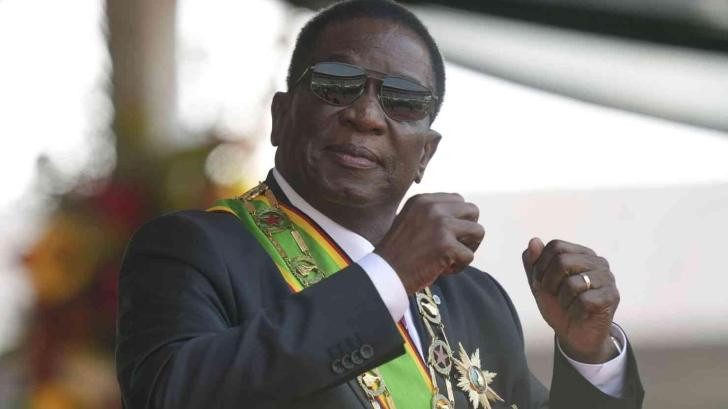
Decentralisation of the national grid remains one of the key components crucial for increasing the threshold of renewables in the energy mix and ultimately curing energy poverty in Zimbabwe.
The government has been implementing various measures aimed at enabling optimum utilisation of energy resources through ensuring uninterrupted power supply to critical sectors of the economy such as agriculture, industry, and the manufacturing sector.
This is quite commendable as the authorities are pulling all plugs to ensure economic sustainability crucial to the development of an upper-middle economy society by 2030.
Attaining an upper-middle economy society entails ensuring sustainable livelihoods for the majority; hence, curing energy poverty remains one of the key fundamentals to attaining this goal.
To this extent, such austerity measures may alter electricity distribution patterns, ultimately leading to load shedding, and citizens must be encouraged to revert to rooftop solar energy systems for household use.
According to Energy minister July Moyo, "...the management of the power balance is what must be done to make sure that those who demand the power, particularly to drive the economy, get that power. And that means in some cases households might suffer a little bit."
Optimum utilisation of power requires that we use electricity sparingly and only for those areas that genuinely require it.
While the industry and manufacturing sectors need to have backup power systems such as solar and generators, the cost of fuel makes it unsustainable to power heavy machinery and plant equipment for longer periods.
- News in depth: 'The untouchables': July Moyo gives tycoon, associates 'immunity' from prosecution
- Minister dragged to court over chieftainship
- Editorial Comment: Moyo not protecting residents’ interests
- Govt suspends 6 ChiTown councillors
Keep Reading
So, for our industry to improve capacity utilisation, power supply should be uninterrupted.
Solar energy, if well harnessed and funnelled into the national grid, becomes a game-changer in reducing energy poverty.
Thus, the government must implement devolution in the energy sector, ensuring the decentralisation of the power grid. This enables energy efficiency and sustainability at the provincial level and in remote locations by making it more convenient and effective to feed green energy into the grid, thus increasing the threshold in the energy mix. Currently, much of the solar power energy generated at the household level remains unaccounted for due to a lack of mechanisms to feed power into the grid.
We also need to improve our electricity generation capacity to construct modern energy infrastructure systems in line with global trends.
Once such systems are in place, capacity utilisation improves immensely, and economic production rises.
Funding remains the major hindrance to the implementation of such robust measures, and addressing this becomes the key to unlocking our full energy potential.
As a nation, we must invest in electricity farming so that we become an energy hub in the region and export to other countries. We have many farms lying idle around the country that can be used for electricity generation through solar photovoltaics.
As President Emmerson Mnangagwa's mantra goes, Nyika inovakwa nevene vayo. We should not wait for saviours from anywhere outside; we are on our own, so let's harness our own resources towards improving our electricity generation capacity. This is where a Mandatory Domestic Energy Fund is required.
Often times, external funding falls short of addressing our needs, and the nations end up with huge debt overhangs.
Several African countries have had that bitter experience after taking prescribed loans from the International Monetary Fund or other Bretton Woods Institutions; hence, home-grown solutions tailor-made to fit our specific situations are the best.
The Mandatory Domestic Energy Fund is among the best models we can adopt to cure Zimbabwe's energy poverty.
The model requires the government to have the political will to propel the country towards energy self-sufficiency and genuinely partner with the private sector, with key state institutions playing an oversight role to ensure transparency and accountability lest the fund becomes another feeding trough for political vultures.
Funds towards this initiative can be levied through mobile telephone companies into a pool fund, with contributors being credited with electricity tokens worth their input after the completion of the grid.
This enables them to become shareholders with a common goal while guaranteeing adequate power supply.
*Dr. Edzai Kachirekwa can be contacted at [email protected].











